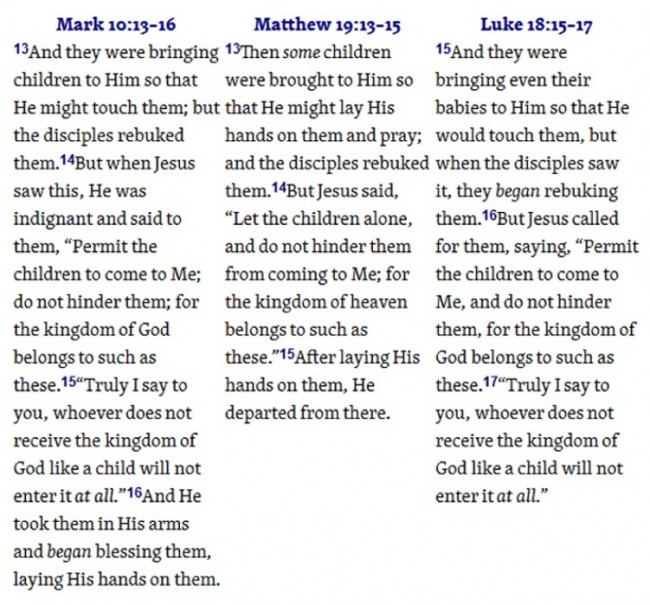These are a few of the photos from my Alaska adventure in August 2015, on the ship, the Norwegian Jewel. We started in Seattle and traveled to Ketchikan, Juneau, Skagway, and Victoria (BC, Canada).
This was a glacier “drive by” when the captain did a 360 about a quarter mile from the glacier. Seriously, he rotated the ship in this narrow canyon!


